Family education plays a crucial role in shaping the future. It influences children's development, values, and behavior, laying the foundation for their growth. Effective family education fosters a supportive environment, encourages learning, and instills essential life skills. Parents and caregivers must prioritize education to ensure children's well-being and success. By investing in family education, we can create a brighter future for the next generation.
In the tapestry of human development, the threads of family education are among the most crucial. It is within the walls of our homes that the first lessons of life are taught, and the foundational values that guide us through our journey are instilled. This article delves into the significance of family education, its impact on the individual and society, and the ways in which it can be effectively nurtured.
Family education is not merely about academic instruction; it encompasses a wide range of influences that shape a child's character, values, and worldview. It is the first and most enduring form of education, beginning from the moment of birth and continuing throughout one's life. The family is the crucible in which the individual's identity is forged, and the lessons learned within this context have a profound and lasting impact.
The Foundation of Values and Character
The family is the primary environment where children learn about empathy, respect, and responsibility. These values are not taught through formal lessons but are absorbed through observation and interaction with family members. The way parents treat each other, their children, and others in the community sets the standard for how children will interact with the world. A family that practices kindness and fairness will raise children who value these traits. Conversely, a household marked by conflict and disrespect can lead to children who struggle with these same issues.
Cultural Identity and Heritage
Family education also plays a vital role in passing down cultural heritage and identity. Through stories, traditions, and rituals, families transmit their cultural wealth to the next generation. This传承 not only enriches the individual's sense of self but also contributes to the diversity and richness of society as a whole. In an increasingly globalized world, the preservation of cultural identity is more important than ever, and family education is a key component in this preservation.
Academic and Cognitive Development
While formal schooling is essential for academic achievement, family education lays the groundwork for a child's cognitive development. Early childhood experiences, such as reading together, playing educational games, and engaging in creative activities, stimulate a child's curiosity and foster a love for learning. These experiences are critical in developing language skills, problem-solving abilities, and a general enthusiasm for knowledge that can last a lifetime.
Social Skills and Emotional Intelligence
Family education is also where children learn the nuances of social interaction. They learn to communicate effectively, manage conflicts, and understand the emotions of others. These skills are developed through everyday interactions with family members and are essential for building and maintaining relationships throughout life. Emotional intelligence, which is often cultivated within the family unit, is a key factor in personal and professional success.
The Impact of Family Education on Society
The influence of family education extends beyond the individual. It has a ripple effect on society as a whole. Families that prioritize education and personal development contribute to a more educated and skilled workforce. They also foster a society that values empathy, respect, and cultural diversity. Conversely, families that neglect these aspects can contribute to social issues such as crime, poverty, and a lack of social cohesion.
Challenges and Solutions in Family Education
Despite its importance, family education faces numerous challenges. Economic hardships, lack of parental education, and societal pressures can all hinder a child's development. To address these challenges, communities and governments must work together to provide resources and support for families. This can include parenting classes, access to quality education, and social programs that alleviate economic stress.
The Role of Technology in Modern Family Education
In the digital age, technology has become an integral part of family education. It offers a wealth of educational resources and opportunities for learning. However, it also presents new challenges, such as screen time and the need for digital literacy. Parents must navigate these challenges by setting healthy boundaries and using technology as a tool for learning rather than a substitute for human interaction.
Conclusion
In conclusion, family education is the cornerstone of personal and societal development. It shapes the character, values, and worldview of individuals, and its impact is felt throughout society. As we navigate the complexities of modern life, it is imperative that we recognize and support the role of family education in shaping the future. By doing so, we can cultivate a generation of individuals who are not only academically successful but also emotionally intelligent, culturally aware, and socially responsible. The future of our societies hinges on the strength of our families and the education they provide.



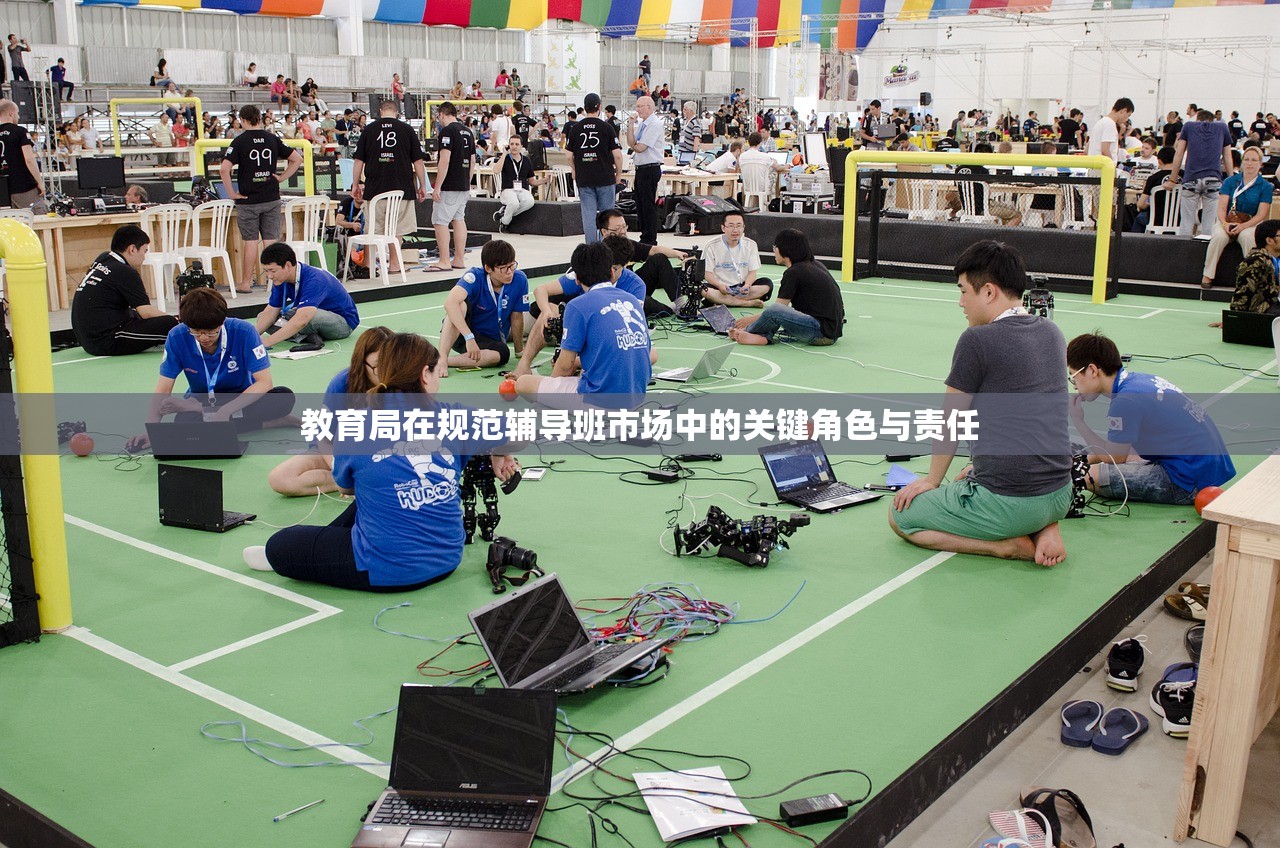



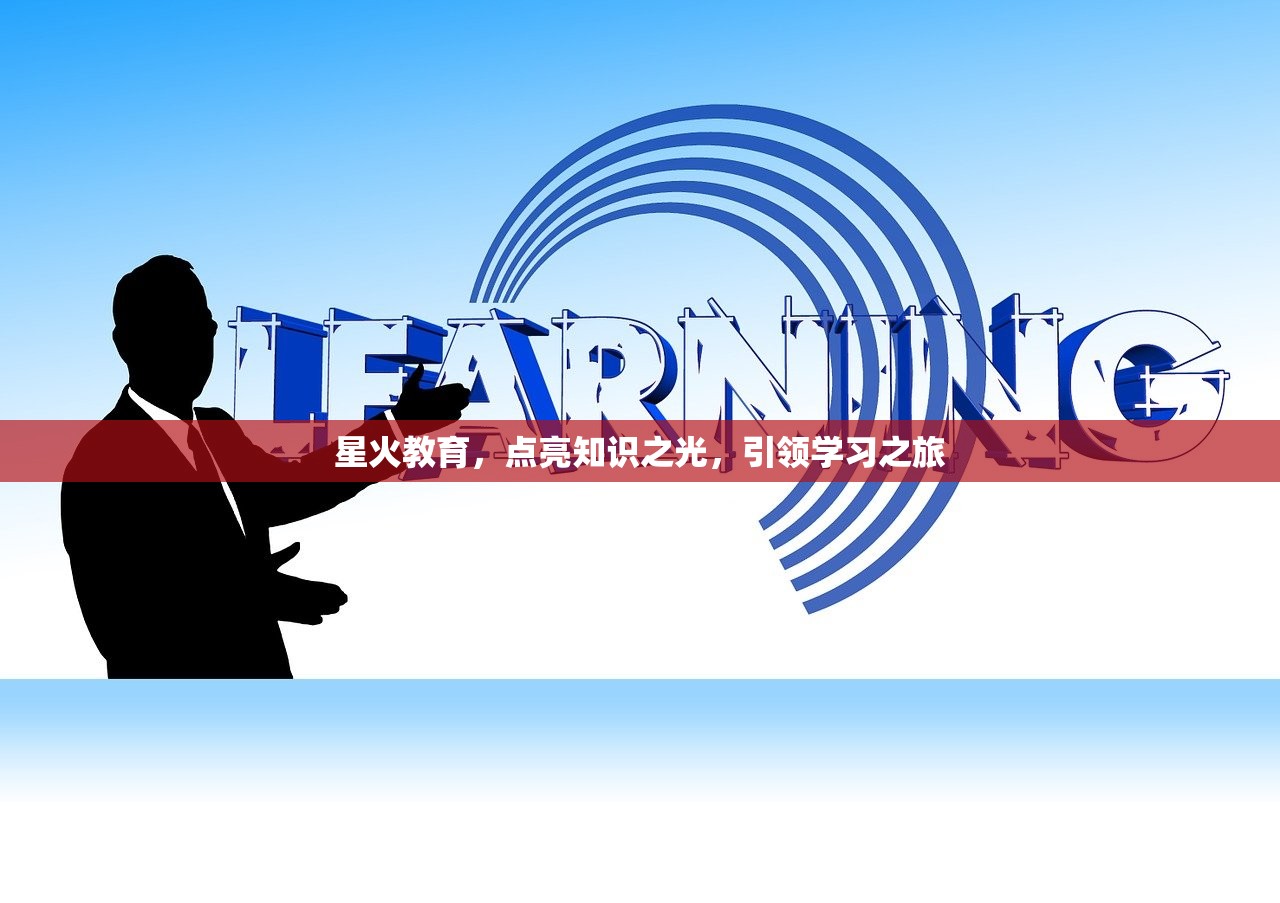
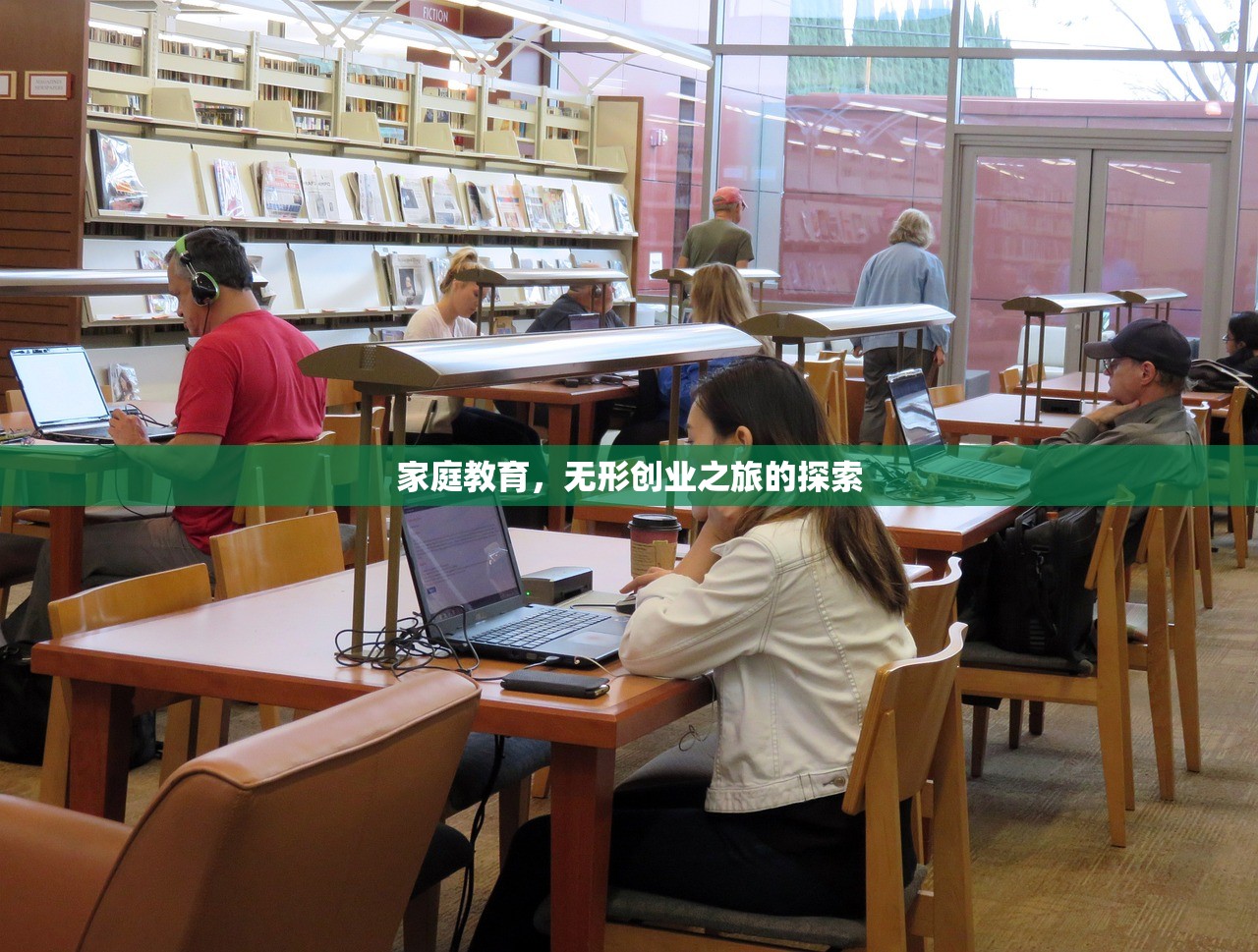
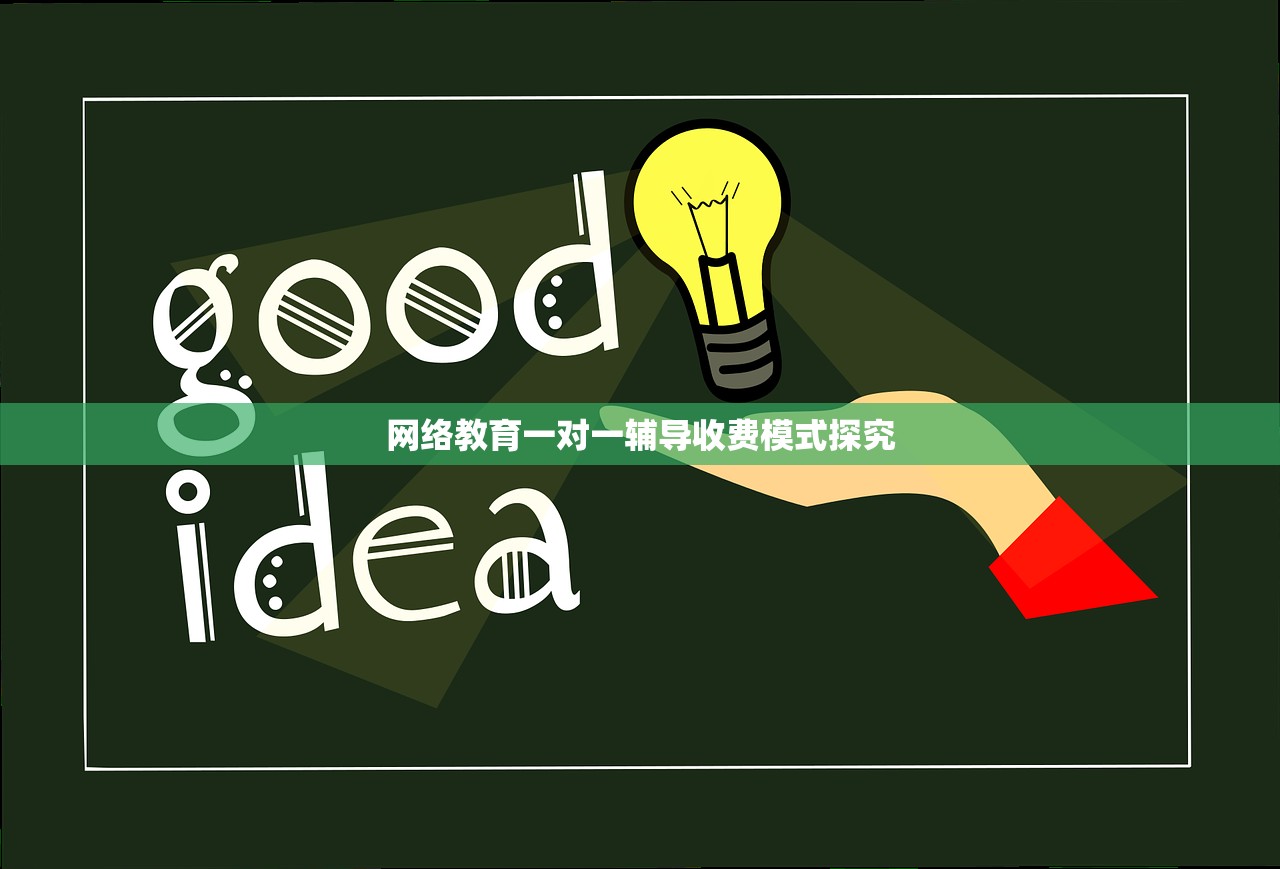
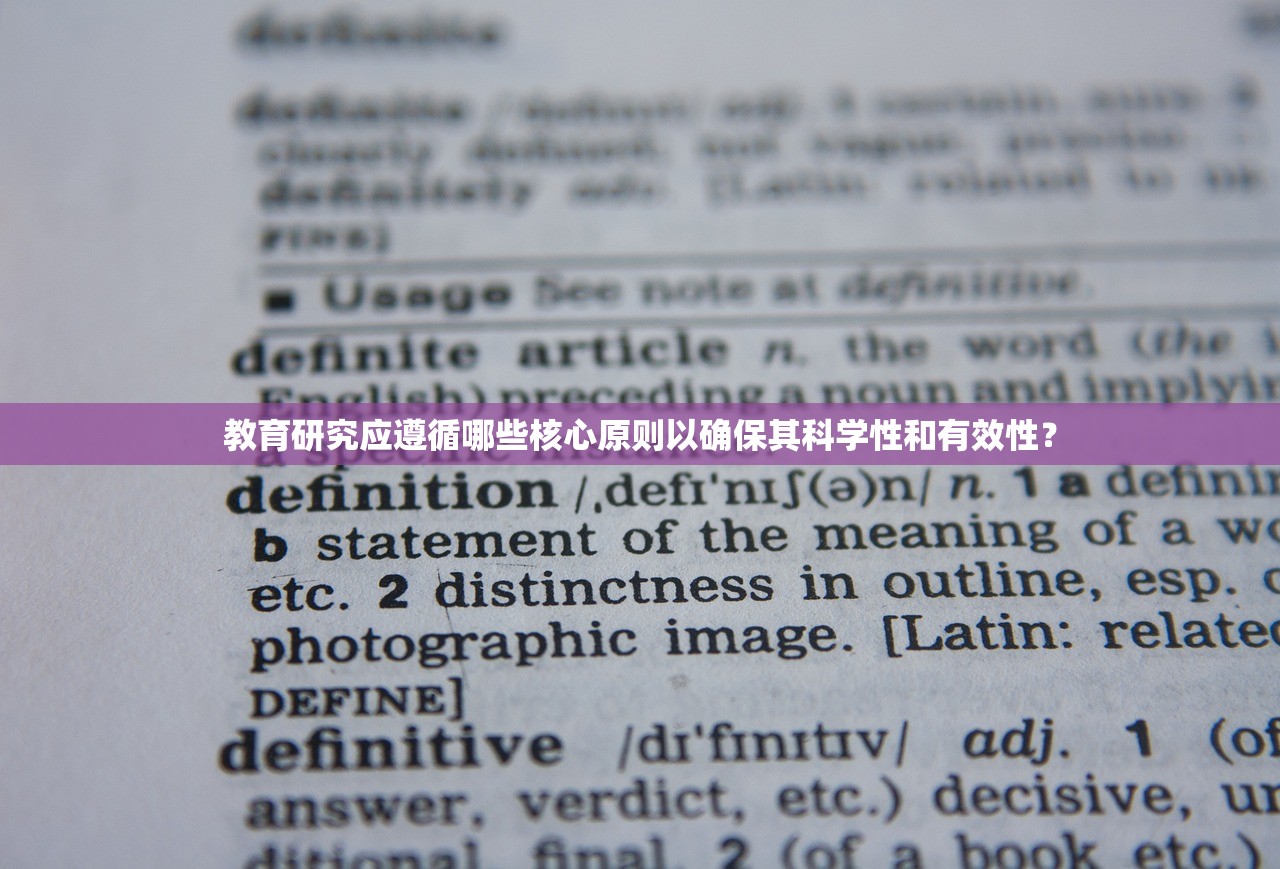


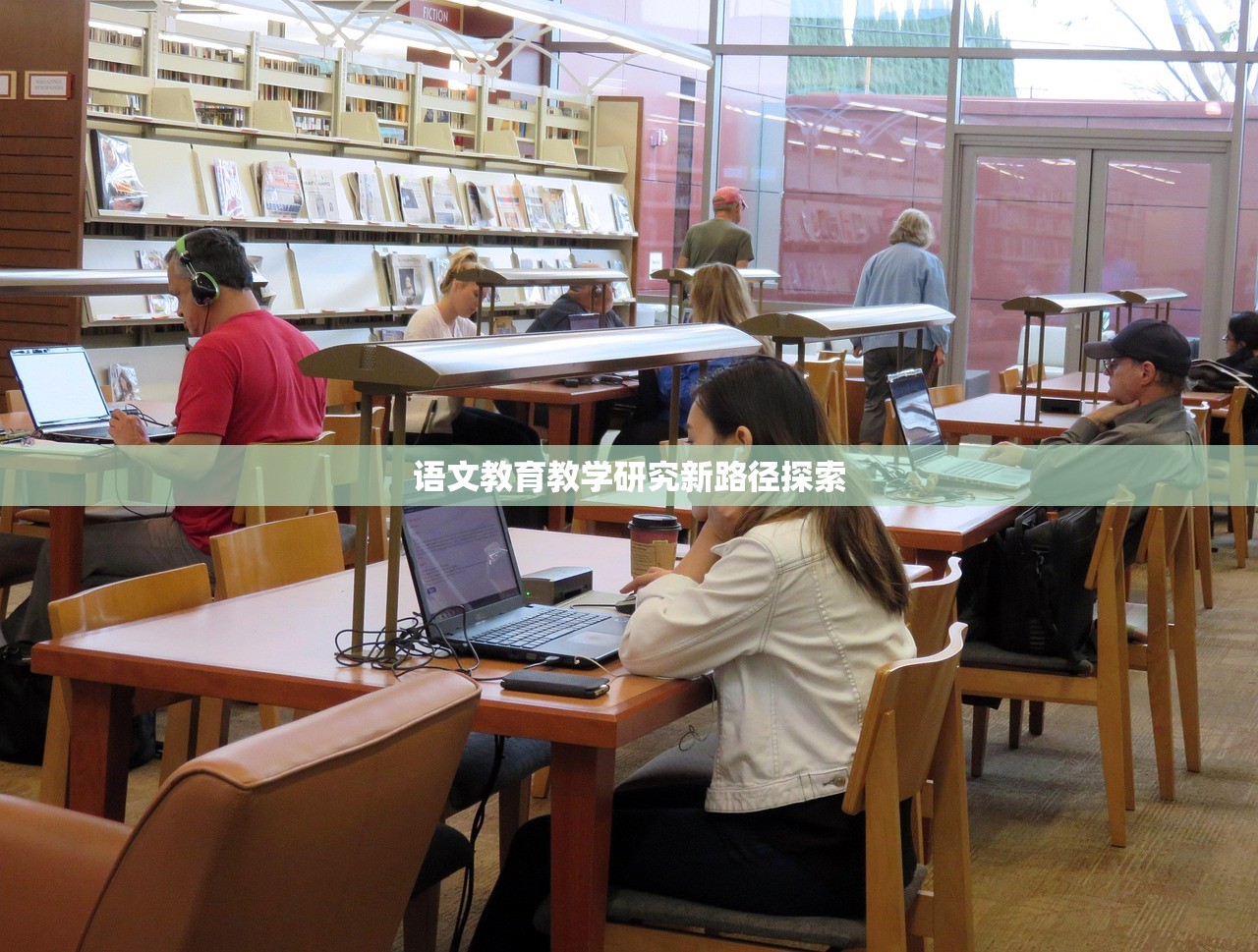
 京公网安备11000000000001号
京公网安备11000000000001号 京ICP备2021036632号-4
京ICP备2021036632号-4
还没有评论,来说两句吧...